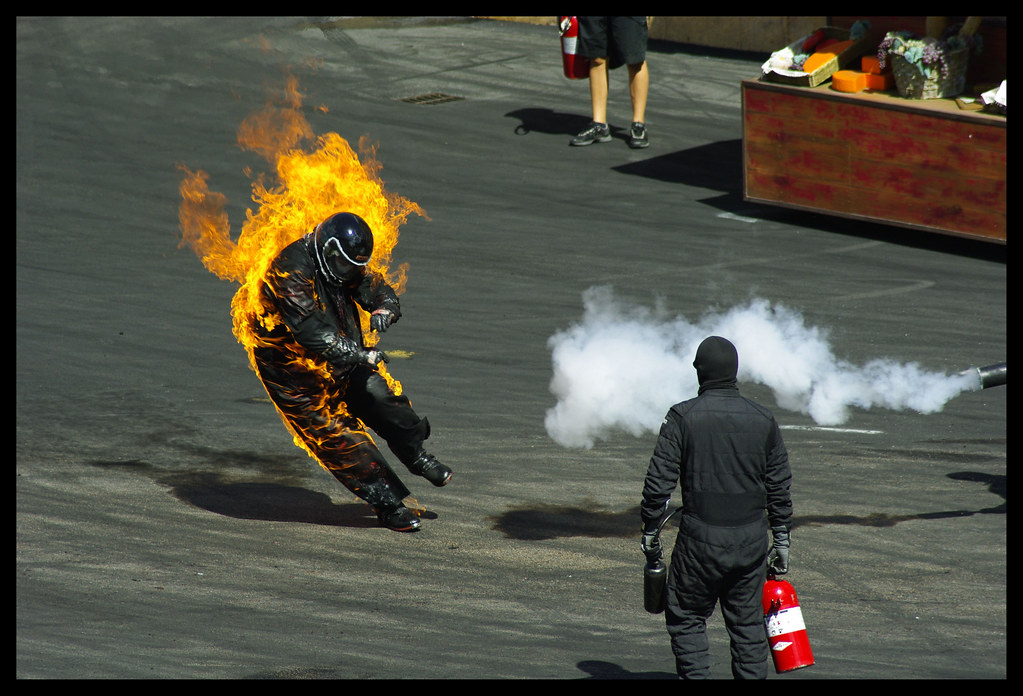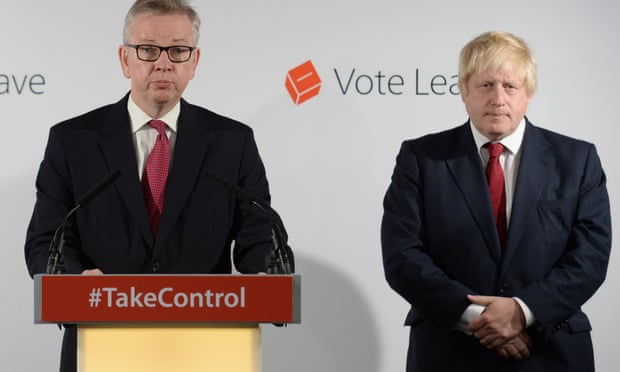People are complaining that MPs delaying invoking article 50 (or not acting on it at all) would be 'undemocratic,' while seemingly only having a vague idea of what democracy is. Well, this result is not democracy. This has never been how democracy has been conducted.
Right back to its roots in ancient Greece and Rome, democracy has been about people appointing an expert to represent them. This expert then researches the issue on your behalf, with your interests in mind. Finally, they argue their case and makes sure their interests are represented as the experts decide together the course going ahead.
 |
And it'd probably be called Boaty McBoatface via: https://commons.wikimedia.org/wiki/File:QE2-South_Queensferry.jpg |
Democracy is not giving every idiot a steering wheel so we can 'show that iceberg who's boss.'
This result is not democratic, it's mob rule, one of the things Democracy has always tried to avoid. At every stage, the referendum campaign has been about who could lie the loudest and most often; the Sun being one of the chief offenders, who are now having to deal with a readership who are pretty mad at being manipulated, as are readers of the Daily Mail.
This result is not democratic, it's mob rule, one of the things Democracy has always tried to avoid. At every stage, the referendum campaign has been about who could lie the loudest and most often; the Sun being one of the chief offenders, who are now having to deal with a readership who are pretty mad at being manipulated, as are readers of the Daily Mail.
 |
Image unrelated. via: https://www.flickr.com/photos/harald/4510869982 |
Will Self's comment was that "Not all Brexiters are racists, but almost all racists will be voting for Brexit." I disagree with the conclusion that many or even most of the Leave voters were eurobigots or racist themselves, but I do think that bigoted logic was combined with a media campaign against immigrants to convince a lot of people to vote Leave.
The news pushed immigrants because scary news drags in viewers. UKIP and BF capitalised on it because it suited their agendas. Murdoch and Dacre have long wanted to drag us out of Europe, and so the final push from the Sun and Mail all combined into this perfect storm in which the UK is now being compared to 1930s Germany.
It reminds me of the #notallmen and #gamergate arguments. Individuals who supported or voted Leave without bigotry complain every time an article calls the Leave campaign racist, without understanding that they are in the minority, that there is an issue of race and nationality here, it absolutely does suit the Leave agenda, and it's emboldened racist mobs to a dangerous degree.
 |
In other words, it's fucking tragic. via https://www.flickr.com/photos/lionheartphotography/4650421582 |
But there's a growing body of evidence that we don't necessarily have to accept this result. Even vinegar-faced human lollipop Nigel Farage said before the election that he would contest a 52-48 vote for Remain as 'undemocratic.' With increasing reports of leave voters who regret it, this new petition with over 3.7 million verified votes, and just over 75% of MPs voting against the referendum in the first place, it's clear that very few of the population understood what they were voting for, especially since the second most popular Google search the day after the referendum was "What is the EU?"
I've never been a believer in "Tough titty, live with it," especially now that so many of the Leave arguments have been proven untrue, or at best extremely misleading insinuations.
In the name of absolute transparency, yes I was pro-Remain - and by that I do mean pro-Remain and not anti-Brexit. There are many reasons, most of which are pointless to go over now. I read up on the Leave arguments, researched them, and found out that most of them were bullshit. I read up on the Remain arguments, and found them to be mostly well researched and rational. I respected the opinions of the personalities that were backing Remain, and Jim Davidson was among those backing Leave.
But like most of the country, I ultimately voted with my heart.
You see, I have depression, which limits my capacity to deal with stress. I also have a chronic injury which limits the amount of time I can work in a day without worsening my condition. But a year or so ago, my own government turned the support network that was supposed to be helping me back into suitable work into something to be afraid of. ATOS, who's administrator with a week or so's training disagreed with the medical opinion of two GPs and a consultant.
The thing is, the recent Osborne / IDS attacks on chronic illness and disabilities could have been so much worse, but a lot of the deeper cuts and impositions have since been successfully challenged in Europe. But now that last line of defense, the final oversight stopping them from fucking me completely, may soon be gone.
So yes, that's why I'm mad, and that's why I don't particularly feel like 'just accepting the result.'
 |
| "Well, guess I'd better just get used to all this fire now." via: https://www.flickr.com/photos/aj-clicks/4054799944 |
The stakes are far too high to equate this to stern parenting. If your child was about to walk off a bridge, you'd stop them for their own sake - especially if they were begging you for help, which is what this petition is begging of our MPs.
But because I was so pro-remain as well as anti-leave, it'll probably just seem like sour grapes, and like I want to flip the vote my way, despite that the petition in question was started by a Leave voter hoping to shoot down a predicted narrow win for Remain.
I think the real thing to come out of this whole debacle is the amount of fact checking the media needs to do, and that the various statistical and media regulatory bodies need more power to take action against the press for their role in the misinformation, and politicians taking liberties with the truth.
 |
Image not quite so unrelated. via: https://www.theguardian.com/uk-news/2016/jun/25/cameron-brexit-bet-drama-night-ripped-britain-apart-ukip-eu-referendum |
To have a situation where the news is nothing but Brexit for months, then the day after the vote the truth emerges and the public cries "But we didn't know!" is a shameful indictment of our political and media landscape.
So yeah. If the basis of the re-vote is that it was only a narrow majority, the public were misled, and now regret having put our economic recovery back five years and emboldened a terrifying degree of racism, I can appreciate that. And I think it's an appreciable enough viewpoint that when this issue is debated in parliament, I hope our MPs will vote to indefinitely suspend invocation of article 50 while an inquiry is held into whether or not the country understood what the hell they were voting for.
Which, as I said, they clearly didn't.


